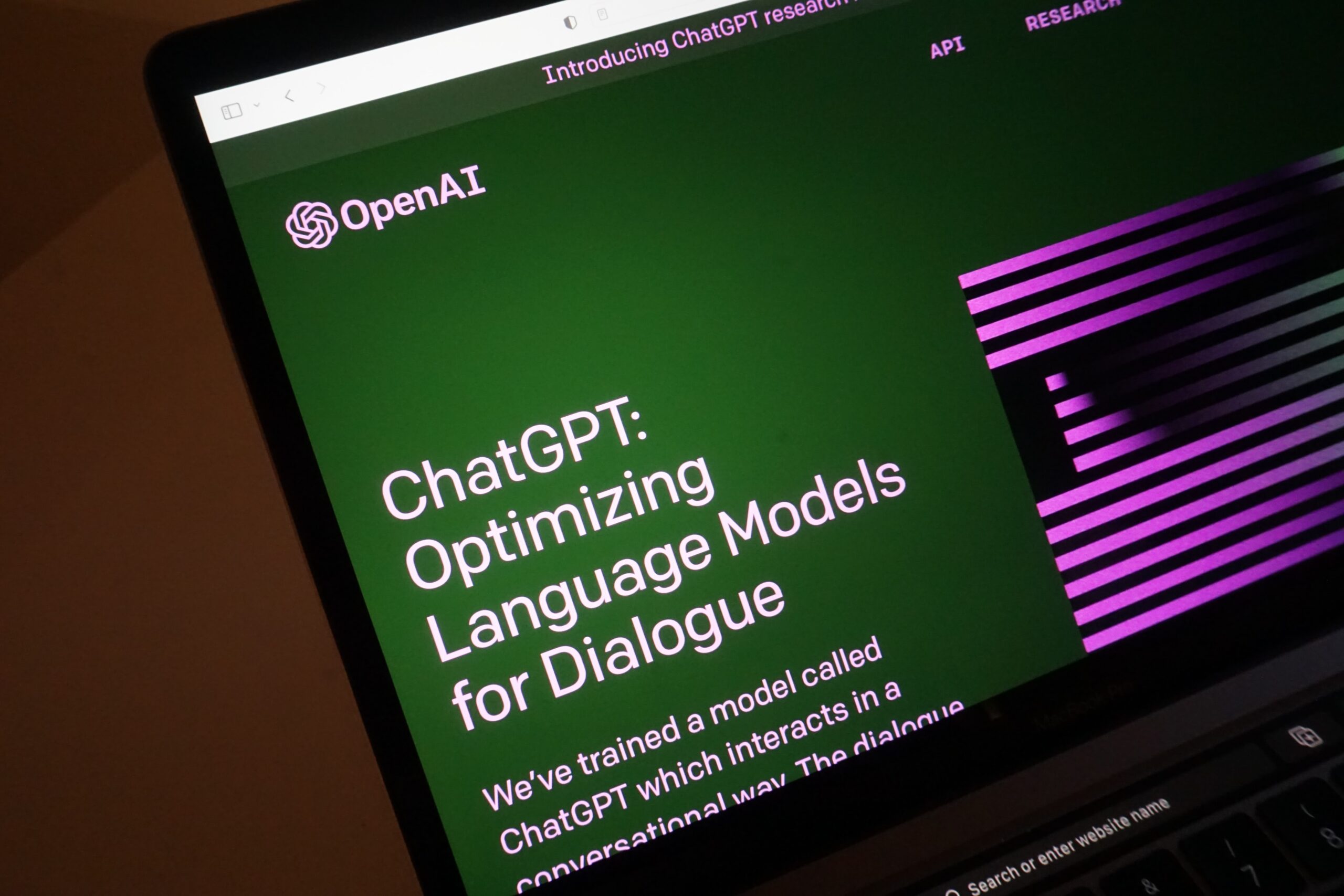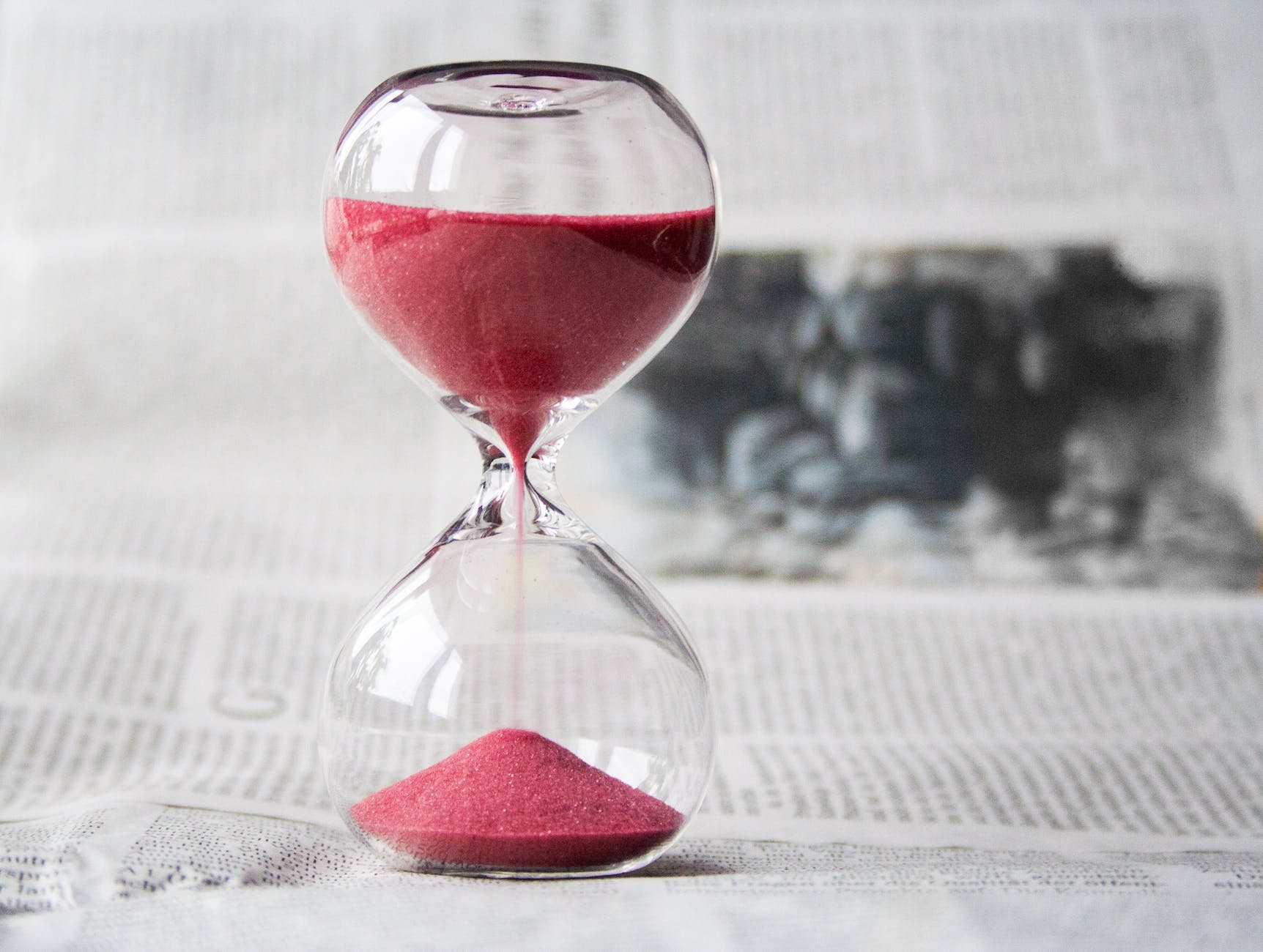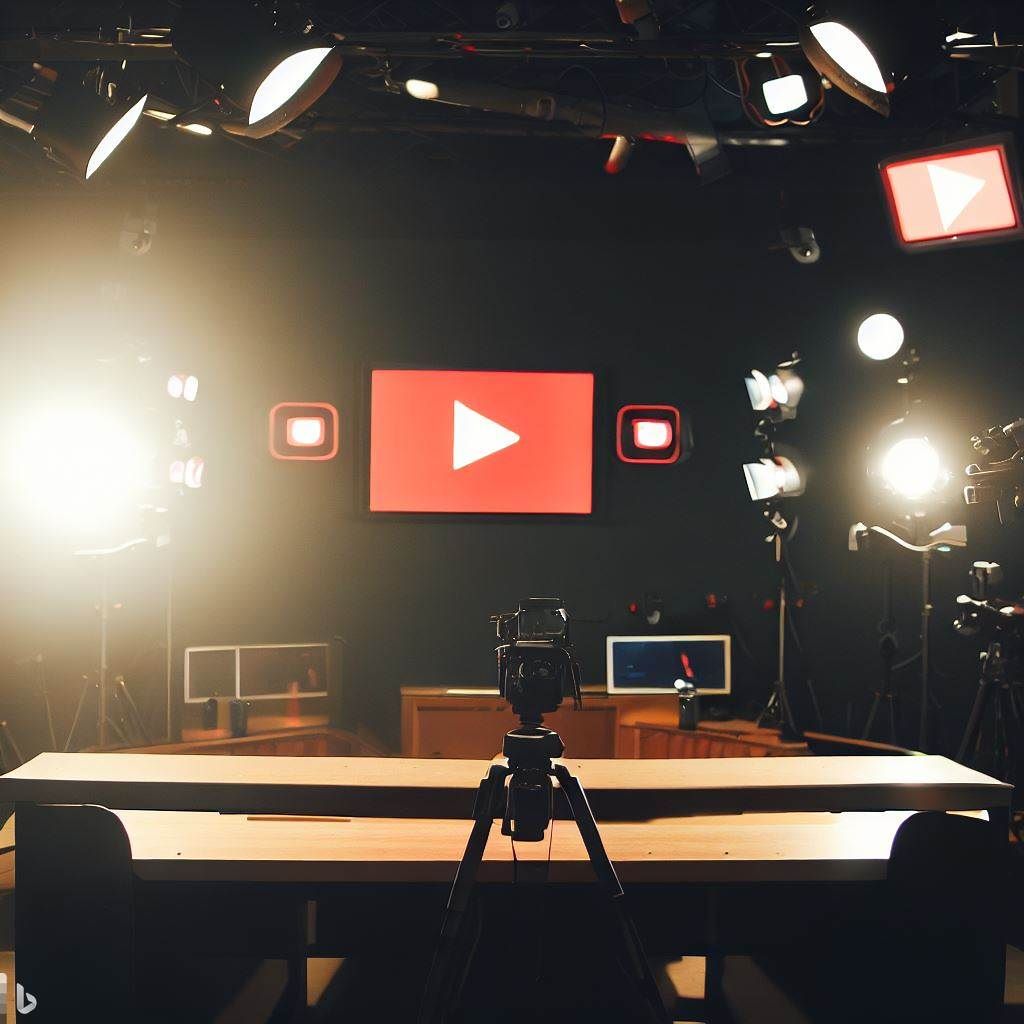Pakistan’s economy has undergone significant changes over the past few decades, and the role of women in its development has been increasingly recognized. Despite facing several challenges, women have made significant contributions to the country’s economic growth and progress. In this article, we will discuss the various ways in which women in Pakistan are contributing to economic development.
Khalida Brohi, a Pakistani social entrepreneur, founded Sughar Empowerment Society in 2009 to promote women’s empowerment and provide vocational training for rural women in Pakistan. Through her organization, she has helped train and provide job opportunities for thousands of women, contributing to Pakistan’s economic development.

Women’s Empowerment: Key to Economic Growth in Pakistan
Women’s empowerment is a key driver of economic growth in Pakistan. Research shows that women’s economic participation has a significant positive impact on GDP growth, poverty reduction, and social development. Women who are educated, employed, and financially independent have a greater ability to make choices about their lives and those of their families, and this translates into broader economic benefits for society as a whole.
Women have historically faced significant challenges in the workplace and economic spheres in Pakistan, but recent years have seen a growing recognition of the critical role they play in the country’s economic development. Women’s empowerment and gender equality have become increasingly important issues, with efforts underway to support and encourage women’s participation in the workforce, entrepreneurship, and other economic activities.
Lets take a glimpse on famous Pakistani Women who made their name in the whole world:
- Muniba Mazari is a well-known Pakistani artist, activist, and motivational speaker who has achieved international recognition for her work. Despite facing a spinal cord injury that left her paralyzed, Mazari continued to pursue her passion for art and became a successful artist. She has also used her platform to raise awareness about disability rights and advocate for gender equality.
- Maria Umar is a Pakistani entrepreneur who founded the Women’s Digital League, a company that provides digital services such as web development and content creation. The company employs women from marginalized communities and provides them with training and employment opportunities.
- Yasmeen Lari is an architect and heritage conservationist who has worked on several high-profile projects in Pakistan. She is also the founder of the Heritage Foundation of Pakistan, an organization that works to preserve Pakistan’s architectural heritage.
- Sharmeen Obaid-Chinoy is a Pakistani filmmaker who has won two Academy Awards for her documentaries. She won her first Oscar in 2012 for “Saving Face,” a film about acid attacks on women in Pakistan, and her second in 2016 for “A Girl in the River: The Price of Forgiveness,” which focuses on honor killings in Pakistan.

Women Entrepreneurs: Paving the Way for Pakistan’s Economic Progress
Women entrepreneurs are another critical component of Pakistan’s economic development. Women-owned businesses have been shown to create jobs, boost innovation, and contribute to economic growth. However, women entrepreneurs often face significant obstacles, such as limited access to funding, networks, and markets. By supporting and investing in women entrepreneurs, Pakistan can harness their full potential to drive economic progress and social development.
Women in Pakistan are increasingly taking up entrepreneurship as a means of earning a livelihood. According to a report by the World Bank, women entrepreneurs in Pakistan are responsible for creating jobs and generating income for themselves and their families. Housewives, in particular, are increasingly turning to entrepreneurship to earn a secondary income, as discussed in our article on how to earn secondary income in Pakistan as housewives.
Qurat-ul-Ain Bakhteari, a Pakistani social entrepreneur, founded the Institute for Development Studies and Practices in 1984, which focuses on community development in rural areas of Pakistan. In this day an age Ai tools like ChatGPT could assist her and her team with tasks such as research and writing proposals.

Gender Equality in the Workplace: A Must for Pakistan’s Economic Development
Achieving gender equality in the workplace is also essential for Pakistan’s economic development. Women continue to face significant barriers to entry and advancement in many industries, including limited access to education and training, discriminatory hiring practices, and unequal pay. Addressing these barriers and promoting gender diversity in the workplace can lead to better business outcomes, greater innovation, and increased economic growth.
The participation of women in the formal workforce in Pakistan is relatively low compared to other countries in the region. However, the number of women in the workforce has been increasing steadily over the years. Women are increasingly taking up jobs in fields such as education, healthcare, and information technology. Additionally, online teaching jobs are becoming a popular option for women looking to earn a secondary income, as discussed in our article on how to earn secondary income from online teaching jobs.
Sania Nishtar is a Pakistani physician and former federal minister who currently serves as chairman of the Ehsaas Program. In 2021, she was included in the Forbes list of the world’s 100 most powerful women. As the founder and president of the non-profit organization Heartfile, Dr. Nishtar has worked extensively on health policy and poverty alleviation in Pakistan. She has also been a strong advocate for women’s empowerment and gender equality in the workplace.

Pakistani Women in Online Businesses
Pakistani women are making their mark in the world of online businesses, breaking the traditional barriers of gender roles. From affiliate marketing to home-based businesses and freelancing, Pakistani women are proving their mettle in the digital world. With the help of modern tools and technology, they are carving out their own path to financial independence and success.
Saba Gul, a Pakistani entrepreneur, founded Popinjay in 2012, an e-commerce platform that sells handbags made by Pakistani artisans. The company helps promote traditional Pakistani crafts and provides job opportunities for women.
Hira Tareen, a Pakistani model and actress, started her own skincare line called Aleena & Fareena. The company provides natural and organic skincare products for women in Pakistan, creating job opportunities for local women.
Final Thoughts
In a nut shell women in Pakistan are making significant contributions to the country’s economic development through entrepreneurship, workforce participation, and online businesses. With several opportunities to explore, women can play an even more significant role in shaping the future of Pakistan’s economy.





